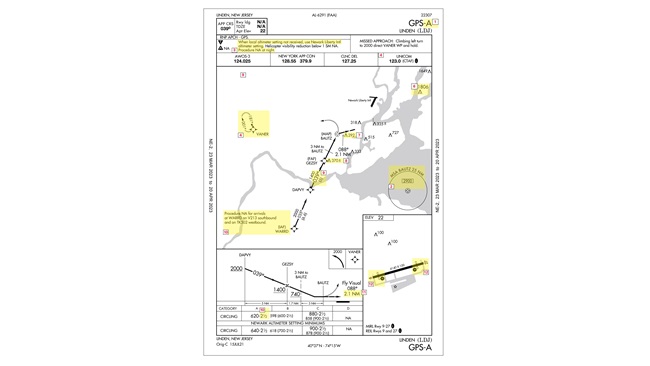The Army should work with the FAA to produce the least restrictive measures possible during future training activities and other missions at Fort Campbell, Ky., AOPA said.
Temporary military operations areas (TMOA) would suffice to serve many purposes the Army outlined during public meetings for the Programmatic Environmental Impact Statement under which the Army will evaluate Fort Campbell’s future use, AOPA said in formal comments submitted March 26. Members may submit comments by April 4 after AOPA’s request for an extension of a prior deadline was granted in January.
“Based on the information provided during public meetings, training exercises would take place approximately nine days every three months, which equates to about 32 days a year,” wrote Melissa McCaffrey, AOPA senior government analyst for air traffic services. “Full time establishment of special use airspace (SUA) is extreme considering the MOA would be inactive nearly 87 percent of the year. A Temporary MOA could address the military’s need for training airspace for other than UAS activity while substantially reducing the impact on general aviation.”
AOPA also addressed conflicts raised by the Army’s desire to accommodate unmanned aircraft systems (UAS) activity at Fort Campbell.
Any request for new special-use airspace is unjustified because the Army “acknowledged there are no current customers requiring the airspace to be implemented for any activities,” McCaffrey wrote. “Without a current or planned future use of this airspace beyond ‘temporary needs,’ there does not appear to be solid justification for any new airspace areas at this time.”
Pursuing additional special-use airspace when there is no apparent need “seems a solution in search of a problem,” she wrote.
AOPA also pointed out that deployment or operation of UAS within an MOA—aside from those specifically permitted via a Certificate of Authorization from the FAA—“has not typically been authorized” by the agency.
Such operations “will not be palatable to the civilian operating community who legally transit MOA airspace,” she wrote.
Members may submit comments on issues for the Army to evaluate under the programmatic environmental impact statement for Fort Campbell by April 4 electronically or by mail to Gene A. Zirkle, NEPA/Wildlife Program Manager, Building 2159, 13th Street, Fort Campbell, KY, 42223.



